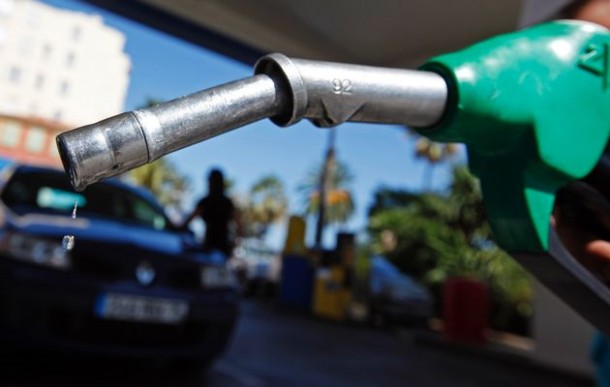The average price paid by consumers for Premium Motor Spirit popularly known as petrol decreased by 1.0% year-on-year and -7.3% month-on-month to N151.4 in April 2018 from N163.4 in March 2018.
This is contained in the recent report of the Nigerian Bureau of Statistics made available to national Daily on Wednesday.
In the report, the average PMS Price across the zones in the country shows that the North- West zone recorded the highest price of N155.35. It was closely followed by North-west with N154.85 while the South-West and South-East zones recorded the lowest price of N145.89 and N149.01 respectively in the month of April.
However, during the period under review, Kebbi State has the highest average price of premium motor spirit (N163.71) with a month-on-month increase of -7.8% and a year-on-year increase of 2,0%. The second state is Kogi where average price paid by consumers for petrol increased by 9.8% year-on-year and -1.6% month-on-month to N160.79 in April 2018. Jigawa State is third with an average price of N160.46 which increased by 10.2% year-on-year and -11.3% month-on-month.
The report also shows that Plateau State has the lowest average price of premium motor spirit (petrol) in April 2018 (N145.00) with a month-on-month increase of -8.1% and a year-on-year increase of -1.0%.
Closely following is Abuja with an average price of N144.95 which increased by 0.0% year-on-year and 0.0% month-on-month. The third state is Bauchi, where average price paid by consumers for Premium Motor Spirit increased by -4.2% year-on-year and -1.0% month-on-month to N144.17 in April 2018.
According to findings by National Daily, a drop in the average price of petrol will increase the purchasing power of Nigerian consumers, no matter how little the change may be.
Also, reduction in pump price of Premium Motor Spirit (though very minimal) may have little positive effects on food prices, since food supply in Nigeria rely mostly on road transportation.
A slight drop in petrol prices however could lead to a small drop in operating costs for small scale businesses that rely on petrol generators, and a small increase in revenue.

 Business7 days ago
Business7 days ago
 Football19 hours ago
Football19 hours ago
 Business7 days ago
Business7 days ago
 Education7 days ago
Education7 days ago
 Crime7 days ago
Crime7 days ago
 Covid-197 days ago
Covid-197 days ago
 Business7 days ago
Business7 days ago
 Latest5 days ago
Latest5 days ago



